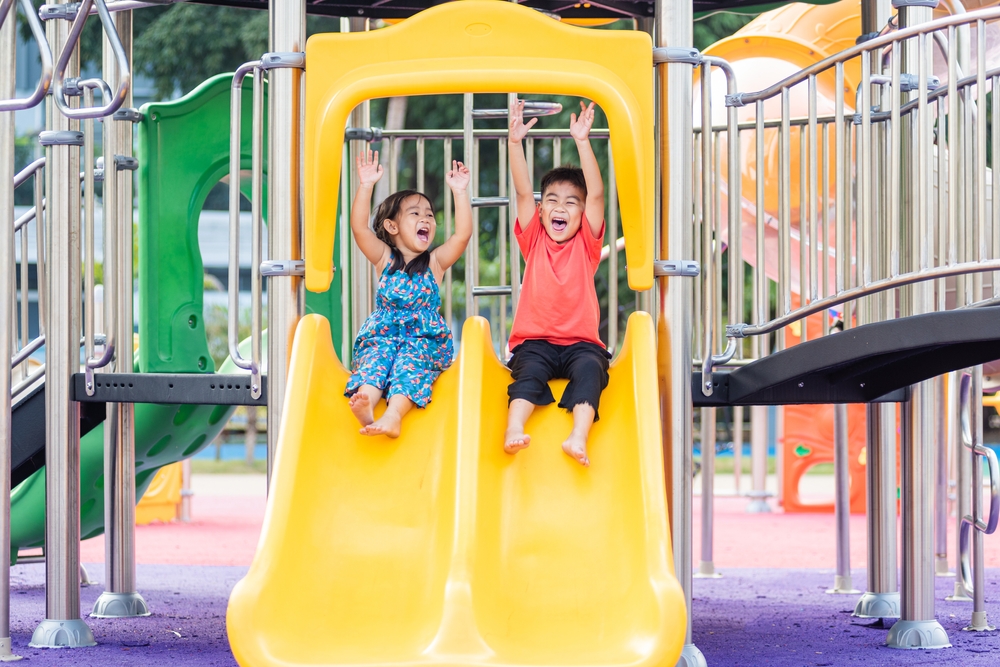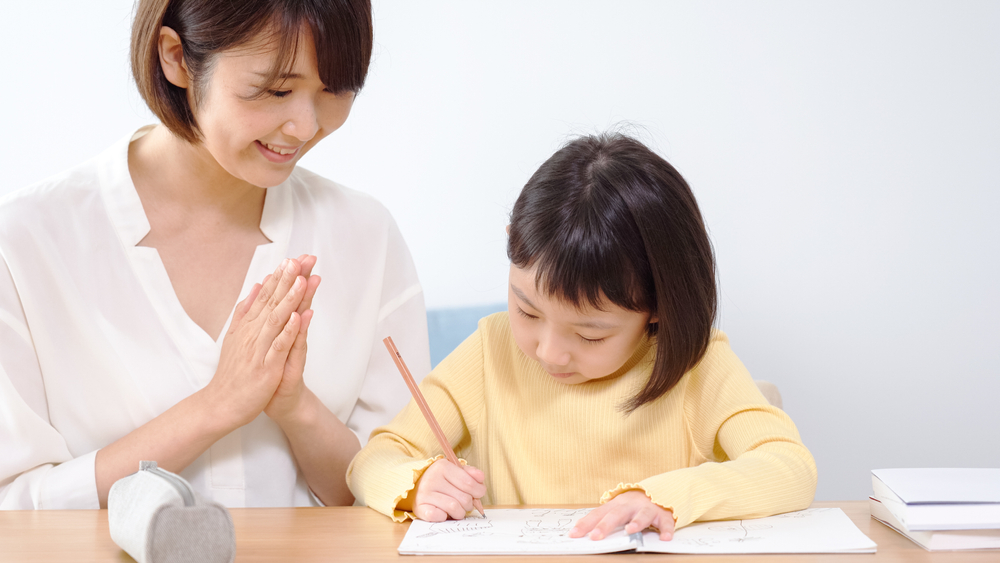January 2024

Written by: Ms. Chan-Chen Shu-an, Early Childhood Education Specialist
Parents often wonder if there is an effective method for disciplining children. Drawing from personal experience, the author has gathered practical discipline methods to share with parents, hoping to assist them in disciplining children with different personalities.
1) Diversion Method
Young children are easily influenced by external factors. When a child cries incessantly or insists on holding onto something, instead of engaging in a struggle, try using the diversion method. For example, if a child is crying non-stop, you can try pointing to the sky and saying, “Look, a big airplane is flying towards us.” Similarly, if a child is adamant about buying something in a toy store and refuses to leave, instead of pulling back and forth, say, “Look over there, some new and interesting toys,” diverting their attention so they are no longer insistent.
2) Diversion Method
Use the method of channeling water like Great Yu. Instead of blocking and resisting, it’s better to divert and open up. For example, with an energetic child, instead of forcing them to sit quietly and study, let them go outside to play ball, ride a bike, or take a walk before returning home to sit down and do homework. For a child who enjoys scribbling with a pen, instead of scolding and prohibiting, give them paper to draw on, satisfying their interest in drawing.

3) Venting Method
If a child enjoys hitting others, let them hammer nails, play with a ball, or knead clay to release their energy. For a child who loves to talk, teach them to sing, recite nursery rhymes, or take them outdoors or to a sports field to shout and jump, releasing their emotions. Children’s activities should be varied, as human growth is multifaceted. Being stuck at home studying all day can turn a child into a dull and lifeless individual. Therefore, extracurricular activities are crucial for a child’s healthy development.
4) Ignoring Method
Some children intentionally engage in behavior that displeases others, such as crying incessantly, refusing to eat, or making strange gestures, to gain attention from their parents. Parents can try the ignoring method, turning away without acknowledging the behavior, or adopting an indifferent attitude. The child may lose interest and stop the unwanted behavior.
5) Encouragement and Praise Method
Smiling encouragement or gently patting the head and cheeks are wonderful forms of positive spiritual encouragement and praise that children willingly accept as discipline methods. For example, if a child puts away toys neatly, you can notice and praise them by saying, “Very good.” The child will feel satisfied and strive to do even better next time. When a child joyfully brings home a drawing, if the mother appreciates it with a smile, the child’s sense of accomplishment and satisfaction will encourage them to work even harder next time and seek improvement. Parents’ encouragement, support, and positive attitudes have a significant impact on a child’s learning and personal development!

6) Indirect Method
The so-called “blame the cat, scold the dog” method is particularly effective for introverted, sensitive children with a strong sense of self-esteem who often cannot accept direct criticism and correction. When dealing with these children, it is best to use an indirect approach. This involves criticizing or pointing out someone else’s mistakes (which are actually the same mistakes the child made) as a hint. For example, to encourage a child to brush their teeth daily, you can start by saying, “The neighbor’s child has dirty and unsightly teeth because they refuse to brush. Your sensitive child might start brushing their teeth every day as a result, which is more effective than directly scolding them.
7) Isolation Method
Humans cannot live independently, and children are unwilling to be isolated. This method is particularly effective for children over the age of four who may be too disruptive or mischievous. If a child is causing too much trouble, try using the isolation method. Ask them to stand aside or move their chair away to sit quietly. Allow them to rejoin group activities only when they show remorse. At home, you can ask them to reflect quietly in their room (even if they cry or make a fuss, maintain an attitude of ignoring them). This temporary loss of freedom method is often very effective.





